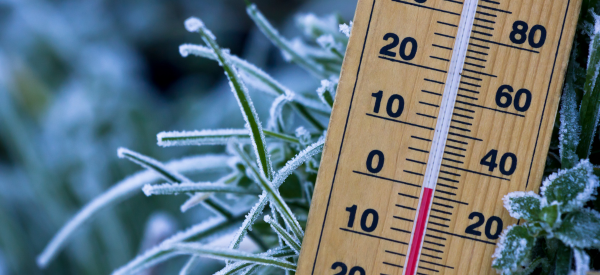Winter can be a challenging season, especially for seniors who are more susceptible to hypothermia than other age groups. While many assume they’ll notice when they’re too cold, that isn’t always the case. Seniors, in particular, face unique risks due to decreased activity and certain medical conditions. Below, we’ll explain why seniors are at higher risk and share essential tips to help them stay warm and safe throughout the colder months.
Why Seniors Are More Vulnerable to Hypothermia
Seniors typically generate less body heat due to lower levels of physical activity. This makes it harder for them to warm up once they feel cold. Moreover, some medical conditions and medications can suppress the nervous system, reducing their ability to recognize when their body temperature is dropping to dangerous levels.
Hypothermia can set in quickly, even indoors, so it’s crucial for seniors and their caregivers to take proactive measures.
5 Practical Tips to Prevent Hypothermia in Seniors
- Set the Thermostat to a Safe Temperature
Keep your home thermostat at a minimum of 68 degrees Fahrenheit. While heating costs can be a concern, maintaining a warm home is critical for avoiding health risks. Use weatherproofing and insulation to make your home more energy efficient. - Dress in Warm, Layered Clothing
Seniors should always wear warm clothing indoors, including socks or slippers to keep feet insulated. Long underwear and sweaters can trap body heat, and keeping cozy blankets nearby is essential for less active times, like sitting on the couch. - Bundle Up When Going Outside
Before stepping outdoors, seniors should dress appropriately for the weather. Essential items include a heavy winter coat, a hat, gloves or mittens, and a scarf. In extremely cold temperatures, covering the nose and mouth with a scarf can also protect the respiratory system. - Stay Active Indoors
Light indoor exercises, such as stretching or walking around the house, can help generate body heat. Regular movement also promotes circulation, keeping seniors warm even in cooler environments. - Be Aware of Health Conditions and Medications
Certain medical conditions, such as diabetes and thyroid issues, can increase sensitivity to cold. Similarly, some medications may affect the body’s ability to regulate temperature. Seniors should consult their healthcare provider for advice tailored to their specific needs.
Why Winter Safety Is Crucial for Seniors
Winter can be long and challenging, but staying vigilant about warmth and safety ensures that seniors can enjoy the season without unnecessary health risks. Hypothermia is preventable with proper precautions, so make staying warm a priority this winter.
If you or a loved one need extra support to stay safe and comfortable at home, Freedom Home Care is here to help. Our compassionate caregivers provide personalized assistance tailored to seniors’ needs.
Contact us today to learn how we can support you or your loved one.




